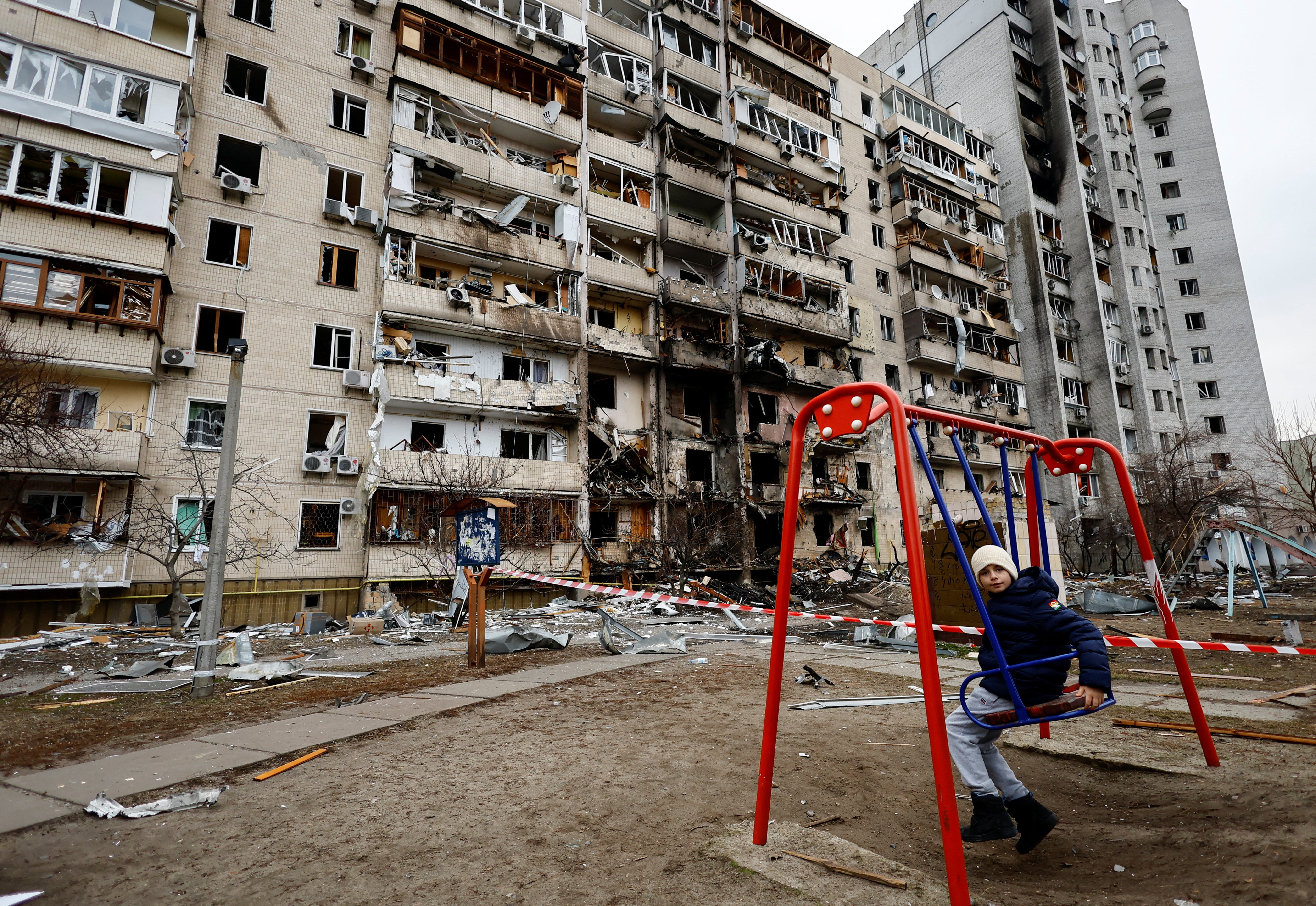In the summer of 1991, the future of the Soviet Union hung in the balance. Hard-line communists, angry at the democratising reforms set in motion by Mikhail Gorbachev, staged an attempted coup, and there were tanks on the streets of Moscow.
At the time, I was on a family holiday in Austria, and I remember quiet, angst-ridden conversations between my parents, as they tried to work out what was happening, and what the knock-on consequences for the rest of Europe might be. Absurd as it seems, I think there was even talk about driving home early, just in case.
In the event, the coup was faced down, as Boris Yeltsin and other liberals had their moment in the sun. But no wonder that my parents were worried; they had lived their entire lives in the shadow of the Cold War, wondering if at any point the long stand-off between east and west would turn into direct conflict.
By 1991, of course, communism’s fall had already begun; I recall as a 10-year-old watching images on the news of the Berlin Wall coming down, and understanding the hope that was being pinned on the changes going on in Europe. As an even younger child, I remember finding my mother’s CND badge, asking her what it meant – and being frightened when she explained, in as child-friendly a way as possible, what nuclear weapons were and could do.
Now I find myself facing similarly tricky questions from my own children. Why is Russia attacking Ukraine? Whose side are we on? Are lots of people going to die? Will there be a war here? I find myself caught between offering vapid reassurance and telling them as much as I know; though the truth is, so much remains unknowable.
I tell them about my sole visit to Kyiv, some 15 years ago; of walking around its magnificent churches and of travelling into the depths of its metro system – now serving as a municipal bomb shelter. I wonder how the people I met there are faring.
What is so extraordinary – indeed so truly hard to believe – about the events of the past few days is that they seem to show history repeating itself: a war in Europe; a dictator at the helm
I don’t tell them about my various trips to Sarajevo in the early 2000s, seeing endless buildings still showing the damage done by mortar and machine-gun fire from the war that had ended years before. I don’t tell them either about the stories I heard from people scarred by that terrible conflict in Bosnia. When you’ve seen the aftermath of a war in person, TV images of another one beginning take on an even greater horror.
On Thursday, I woke to the news of Russia’s assault and to heavy English rain. When I left the house to take my son to school, a hailstorm burst upon us and I cursed our bad luck. Then I thought of people in Ukraine, facing missiles and bombs, and I thanked my lucky stars that the worst I would face that morning was a soaking. I held my son’s hand tightly and wondered about all the little boys and girls in Kyiv and Kharkiv and Odessa and Dnipro, who would like to go to school in peace.
Not long after that failed coup in Moscow in 1991, Francis Fukuyama’s famous book, The End of History and the Last Man was published. In that optimistic age, the notion that the world was seeing the ultimate and everlasting triumph of liberal democracy was an inviting one to believe, although its flaws were quickly revealed.
What is so extraordinary – indeed so truly hard to believe – about the events of the past few days, is that they seem to show history repeating itself: a war in Europe; a dictator at the helm of an imperial land grab; tanks once again on the streets; kids forced into air-raid shelters.
Perhaps I can try to explain the current events to my children in a historical context. Maybe they already understand more than I imagine they do about the behaviours of governments and rulers. But if I’m floundering in my efforts to talk to my son and daughter about this distant assault, it can be as nothing compared with the struggles of a Ukrainian mother or father, as they try to find ways to talk to their children about the unprovoked disaster being wrought upon them.
When the armies of a neighbouring country rain fire on the heads of the innocent, no words can really explain it.






Join our commenting forum
Join thought-provoking conversations, follow other Independent readers and see their replies
Comments